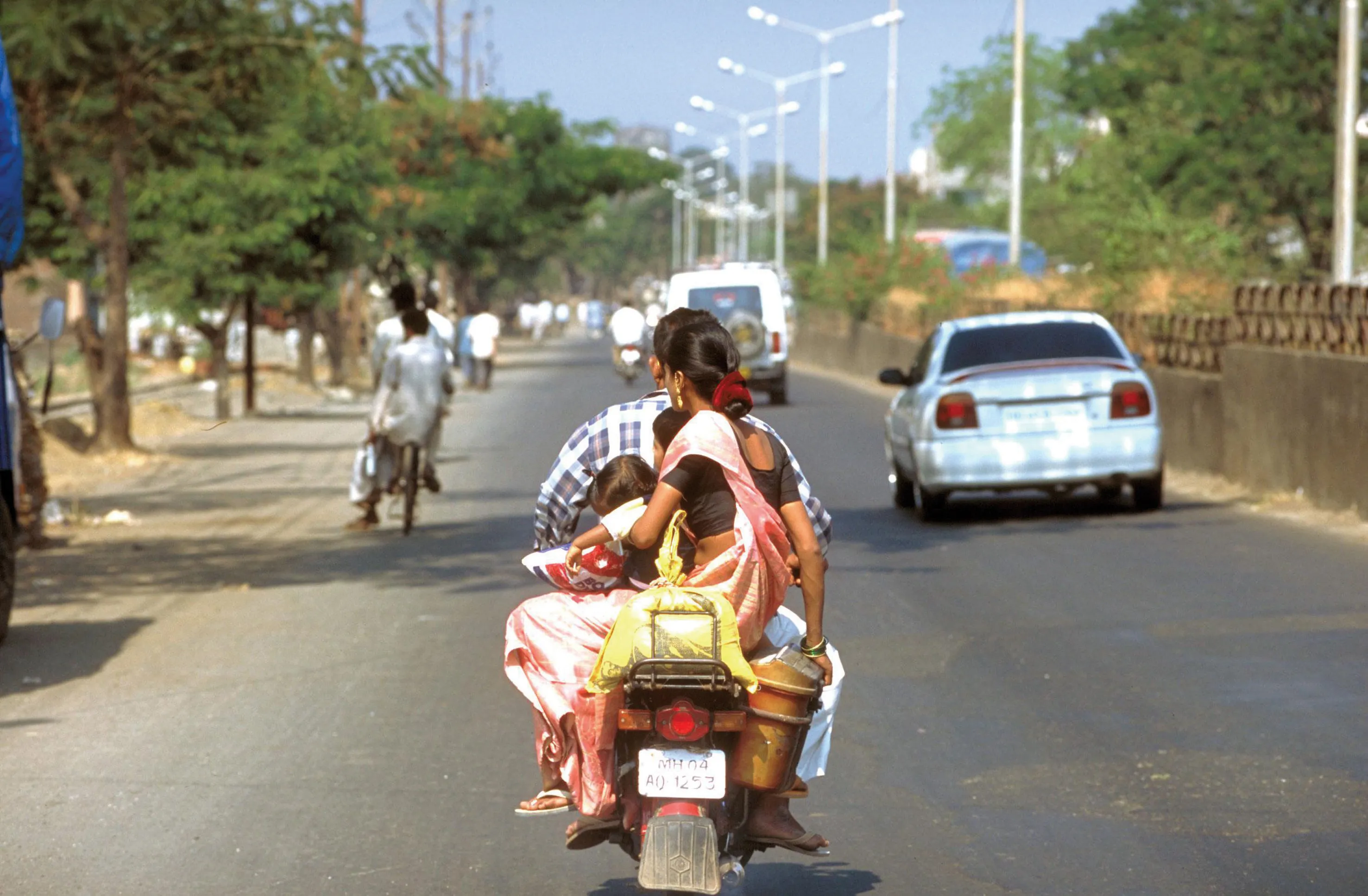A major road safety issue for the UK has been highlighted by a recent study carried out jointly by the
In a bid to tackle the problem, the UK Government is spending €113.6 million (£100 million) on improving the 50 road stretches with the worst safety records. A safety campaign highlighting the 75 most dangerous routes in the UK has also been launched. Another policy starting in 2020 will see considerable investment being put into improving the safety of the UK’s rural A road stretches. Two of the worst roads in the UK for crashes connect with the town Buxton in Derbyshire. It is of note that rural A roads managed by
UK road safety issue highlighted
A major road safety issue for the UK has been highlighted by a recent study carried out jointly by the Road Safety Foundation and insurance firm AGEAS. This study has revealed that 60% of fatal crashes in the UK for the 2015-2017 period occurred on just 12.5% of the road network. Numerous studies show that rural A roads with no centre divider and just one lane in either direction have the highest rates of fatal crashes. Two roads in particular, one on the Isle of Wight and the other in Derbyshire, have part
July 8, 2019
Read time: 2 mins








